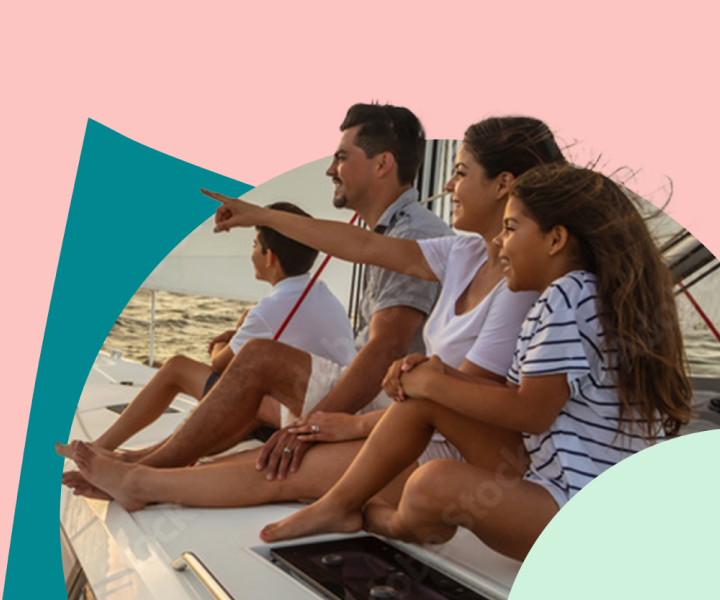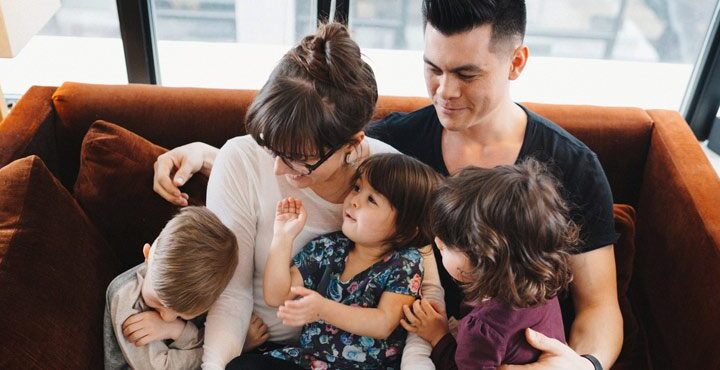Get all the expert help you need for only $20 when you’re 25 or younger with TurboTax
Summer Jobs and Taxes Part 1 – School Aged Children (under 18)
TurboTax Canada
November 16, 2023 | 3 Min Read
Updated for tax year 2025

Whether it’s an ice cream scooper at the local dairy bar, babysitter for the neighbour’s kids, or day camp counselor, summer jobs are an excellent way for kids to learn responsibility, independence, and money management skills. But what tax implications come from your child’s employment? Let’s review the most common questions.
Key Takeaways
- If your child is earning income, there may be a need to file a tax return, or a benefit at least.
- Filing a return when young is usually easier, sets up an account with the CRA, and may start building RRSP contribution room.
- Single parents with a dependant who works need to know how much income they earn.
Is my child now required to file a tax return?
As with any Canadian citizen, your child isn’t generally required to file a tax return if they have no tax owing. Usually the amount earned by a minor child doesn’t hit the basic personal credit amount (around $15,000) meaning they won’t owe tax on their earnings.
There are some exceptions.
The better question is, should my child file a tax return?
Absolutely! And for so many reasons.
- If your child had any income tax (or CPP premiums) deducted at the source, chances are they’ll receive those deductions back as a refund.
- Filing a return sets up your child’s information with CRA for future years. When preparing your return to file on your own, it has to be mailed in to the CRA, it cannot be Netfiled (all first returns need to be mailed in, unless they are prepared by someone with ability to efile). Once the first return is processed, your child’s info will be on record with the CRA, enabling them to file electronically in the future. It also allows them to register for CRA My Account, setting up secure online communications and access to their tax information that the CRA makes available. Sending in a paper return for a high schooler is generally much easier than waiting until they have tuition credits or medical expenses to claim.
- RRSP contribution room begins as soon as earned income is reported. Even if your child doesn’t purchase RRSP’s (which they can if they choose to, even though they are under 18), their contribution room will begin to accumulate as soon as they report their earned income on their tax return.
- It’s a teaching moment. The earlier you learn to file your taxes the better– so take the time to educate your kids yourself. If your kids spend most of their time on their phone or tablet much of the day, put that technology to work and download a free app like TurboTax Free. Mom and Dad – you might just learn a thing or two. Kids today can type faster and search quicker than most of us adults!
- Everyone that has not filed a return should do so the year they turn 18 so that they will start receiving their Canada Groceries and Essentials Benefit (formerly the GST/HST credit) payment following their 19th birthday
Does my child’s income affect my tax return?
If you’re a single parent, your child’s summer employment may affect your tax return. If you claim the eligible dependant credit for your youngster, the amount of money they earn is deducted dollar for dollar from their credit at tax time. Even if your child does not file a tax return for themselves, you must still deduct their net income from this credit on your return.
The good news is that if you have more than one child that qualifies for the eligible dependant credit, you have the option to choose to claim the lower earning child. For example, if you have a working 17 year old and 10 year old, you can choose to name the 10 year old as your eligible dependant as there’s little chance they’ve earned more income than your teenager.
No matter your tax situation, we’ve got you covered.
Related articles

© 1997-2024 Intuit, Inc. All rights reserved. Intuit, QuickBooks, QB, TurboTax, Profile, and Mint are registered trademarks of Intuit Inc. Terms and conditions, features, support, pricing, and service options subject to change without notice.
Copyright © Intuit Canada ULC, 2024. All rights reserved.
The views expressed on this site are intended to provide generalized financial information designed to educate a broad segment of the public; it does not give personalized tax, investment, legal, or other business and professional advice. Before taking any action, you should always seek the assistance of a professional who knows your particular situation for advice on taxes, your investments, the law, or any other business and professional matters that affect you and/or your business.







